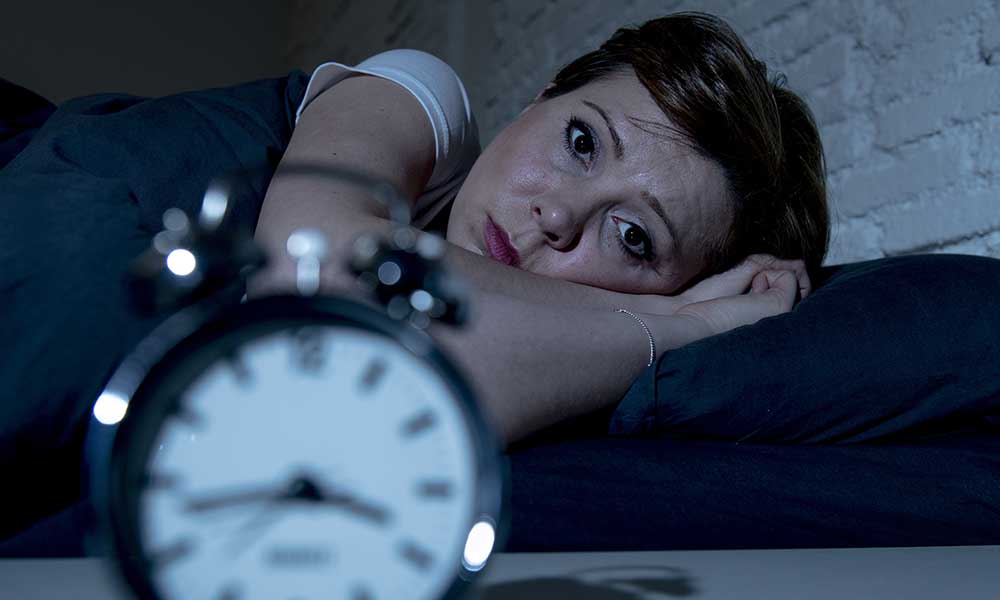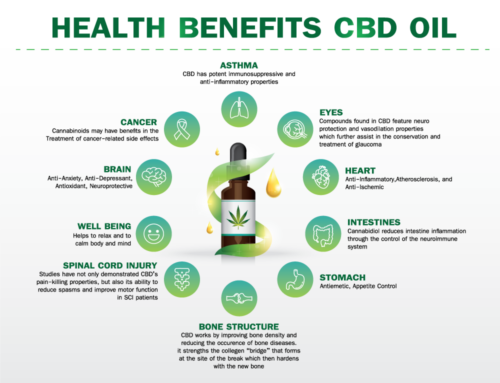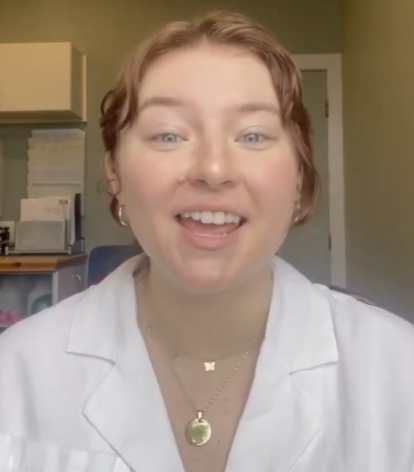Continuing our focus on sleep. Are you waking up and not falling back to sleep?

This is a more complicated problem, as there are lots of things that could be causing this.
Here are the main 3 culprits we’ve seen.
#1. The mental or emotional stress which we discussed last week.
Chiropractic care and massage will do wonders to help you sleep at night. When your body is under stress, your brain goes into fight or flight mode, which will cause your nervous system to be extremely active. This causes you to lose sleep and be more tired as it takes an emotional as well as physical toll.
#2. Chemical stress.
These stressors could be hormonal shifts with age, stress hormones or diet-related.
Our first step is to determine which one is the culprit and correct it. We may simply tweak your diet, recommend a supplement or suggest cleansing.
#3. Aches and pains.
If you wake up in pain and it KEEPS you awake, please let us take a deeper look! After discussing what is going on with you, we may discuss a different sleeping position, getting a new pillow or an adjustment for your knee or shoulder or hip. Pain is always a warning signal. Let’s correct the problem not just cover up the symptom.
The bottom line is we all need sleep!
Our amazing bodies and brains work so hard all day, mentally and physically, even on our “good” days. According to the National Sleep Foundation:
We tend to think of sleep as a time when the mind and body shut down. But this is not the case; sleep is an active period in which a lot of important processing, restoration, and strengthening occurs. Exactly how this happens and why our bodies are programmed for such a long period of slumber is still somewhat of a mystery. But scientists do understand some of sleep’s critical functions, and the reasons we need it for optimal health and wellbeing. One of the vital roles of sleep is to help us solidify and consolidate memories. As we go about our day, our brains take in an incredible amount of information. Rather than being directly logged and recorded, however, these facts and experiences first need to be processed and stored; and many of these steps happen while we sleep. Overnight, bits and pieces of information are transferred from more tentative, short-term memory to stronger, long-term memory—a process called “consolidation.”
Researchers have also shown that after people sleep, they tend to retain information and perform better on memory tasks. Our bodies all require long periods of sleep in order to restore and rejuvenate, to grow muscle, repair tissue, and synthesize hormones.
Sleep is not a luxury. It feels like one because when we sleep well, we feel relaxed and rejuvenated.  That’s what we are supposed to feel like when we wake up.
That’s what we are supposed to feel like when we wake up.
Do you feel rejuvenated in the morning?
 Give us a call if you would like a sleep consultation. Sweet dreams!
Give us a call if you would like a sleep consultation. Sweet dreams!

Dr. Julia Keiser




